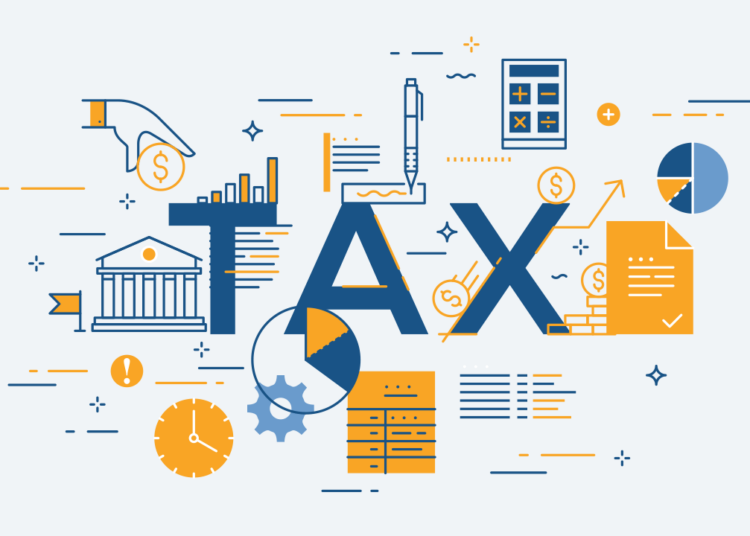For several years now, the federal government has been engaged in legal tussle with a number of states over the collection of Value Added Tax (VAT) by the Federal Inland Revenue Service on behalf of states. In 2021, a three-man panel of the Court of Appeal would later issue an order that all parties should maintain the status quo; the legal tussle between Rivers, Lagos and the federal government is yet to be decided by the Supreme Court. Under the past minister of finance, Zainab Ahmed, the federal government hinted at an out of court settlement with the states.
How revenue is generated and shared between local governments, states, and the federal government has for decades been at the heart of calls for resource control and restructuring the country. This is also closely related to the revenue sharing formula of generated revenue. But generally speaking, the issue of resource control, or fiscal federalism, has for decades been the most divisive issue in the politics of the country, and also the biggest hindrance to a comprehensive review of the constitution.
But in just over one month of coming into office, President Bola Tinubu has set up a committee on tax reforms to be headed by Taiwo Oyedele of PriceWaterhouseCoopers (PwC). One day earlier, the president had signed four Executive Orders relating to fiscal issues, taxes and the 2023 Finance Act. The committee, made up of experts from both the private and public sectors, will have responsibility for the various aspects of tax law reform, fiscal policy design and coordination, harmonisation of taxes, and revenue administration. These are wide ranging powers which, normally, should be exercised in the ministry of finance. As a paper, we will however reserve assessment and wait to see how the committee will relate with the next minister of finance. We, however, hope this new government will not concentrate all powers and decision making in the presidency undercutting the work of ministries, departments and agencies (MDAs). With the appointment of a special adviser on monetary policy and the decision to unify the multiple exchange rates, there are signs that the Central Bank of Nigeria could also be kept on a leash.
The recent suspension of the five per cent excise tax on telecommunication services and the excise duties escalation on locally manufactured products deferred the commencement date of the changes contained in the Finance Act from May 23, 2023, to September 1, 2023 and also moved the commencement date of tax changes in the Customs, Excise Tariff (Variation) Amendment Order, 2023 from March 27, 2023 to August 1, 2023.
Many of these tax initiatives were introduced by the government of President Muhammadu Buhari to address the daunting challenges of underperformance in revenue generation to meet the county’s needs and run a prudent and balanced budget. But according to Dele Alake, the presidential spokesman, suspending these policies are meant to ameliorate the negative impacts of the tax adjustments on businesses and households across affected sectors. But maybe the most important issue raised by the presidency on why the orders were signed is the need to review complaints about multiple taxation, and local and anti-business inhibitions.
As a former governor of Lagos, President Tinubu, we believe, is in a better position to address the issue of multiple taxation as Lagos is probably the most aggressive state in taxing businesses already heavily taxed by the federal government. This is in spite of the fact that federal laws restrict state governments to collecting only personal income tax.
It is clear that the need for tax reforms is imperative at this point in time. There are conflicts between business owners and tax collectors over multiple taxation. There are also conflicts between the states and the federal government and conflicts between states. While the committee set up by the government cannot resolve all of the issues at hand because some are already subject to litigation and others may require that the constitution be amended, it is our view that the committee must seek the input of state governors.
The government hopes to achieve a minimum of 18 percent tax to GDP ratio within the next three years without stifling investment or economic growth. This is a tall order. Most states do not have the structure and capacity to tax citizens beyond those working in the civil service. In our view, the government needs to change the law and allow states to collect corporate tax, which should be capped at 5 percent. The federal government should also tax the incomes of individuals. This could also help build capacity.
Special adviser to the president on revenue, Adelabu Adedeji, has spoken about what the presidency sees as challenges in Nigeria’s tax system, which include the high cost of revenue administration and poor accountability in the utilisation of tax revenue. The high cost of revenue collection can only be addressed with reviewing the law, which empowers the Federal Inland Revenue Service (FIRS) to keep as much as 7.5 percent of what it generates. This is an unimaginably large amount of money and is more than the entire budget of some ministries put together.
Finally, the best way to encourage more people and entities to pay taxes is for government to continually demonstrate judicious application of tax revenue.





